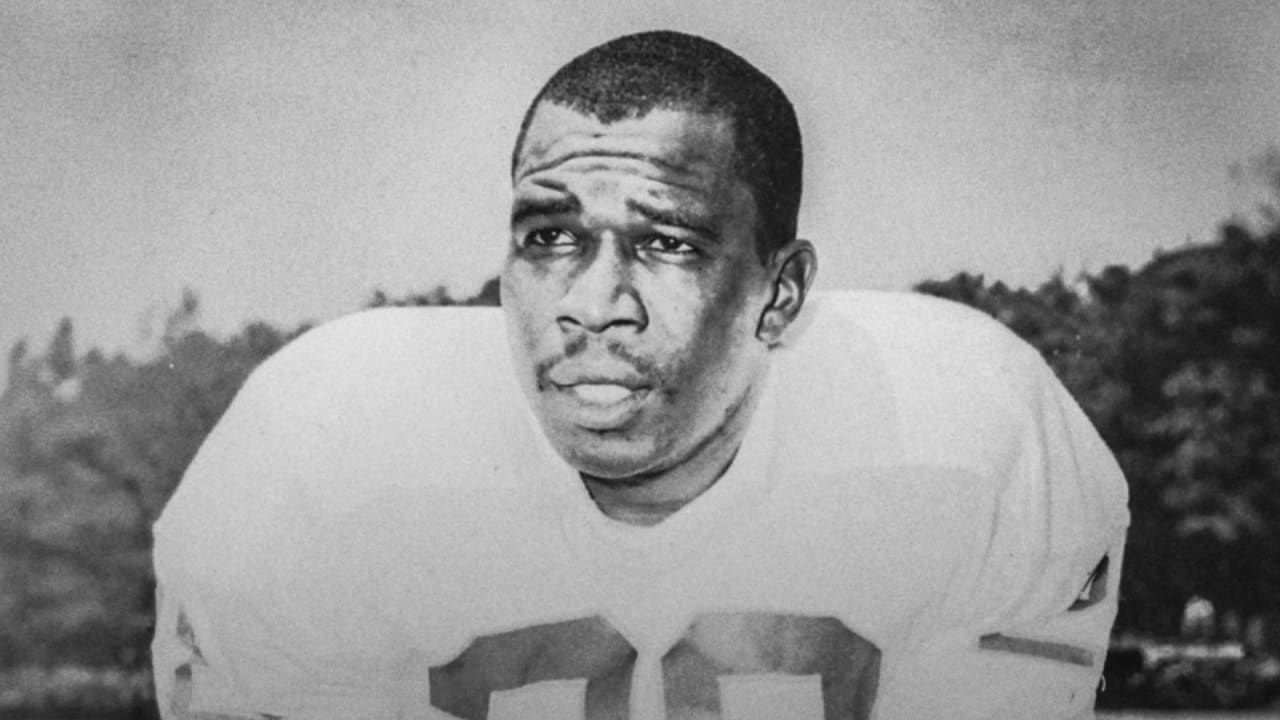Abner Haynes, Chiefs franchise’s first 1,000-yard rusher, dies at 86

A charter member of the Dallas Texans/Kansas City Chiefs franchise and a dazzling running back for eight seasons, Abner Haynes has died, the club announced Thursday. Haynes was 86.
As the Chiefs are amid the franchise’s glory years, it will be Haynes who is locked in history as the club’s first-ever 1,000-yard runner, a feat he accomplished in 1962 — the final year before the Texans became the Chiefs.
“My family and I are deeply saddened by the passing of Chiefs Hall of Famer Abner Haynes,” Chiefs chairman and CEO Clark Hunt said in a statement. “Abner was one of the first great stars of the Dallas Texans and the American Football League. In the league’s first season in 1960, Abner earned Rookie of the Year and Player of the Year honors, and more importantly, he earned the respect and admiration of his teammates and fans alike. In addition to his on-the-field prowess, Abner was a man of courage and leadership from a very young age. He remained involved in the community well after his playing days were over, and his legacy extends far beyond the gridiron. Our thoughts and prayers are with his wife Guadalupe and his entire family during this difficult time.”
Prior to bringing his game-breaking play to the pro ranks, Haynes made his greatest impact in college. Haynes and teammate Leon King are credited with integrating college football in the state of Texas when they played for North Texas State College (now the University of North Texas) as freshmen in 1957.
Haynes, who also played for the Denver Broncos, Miami Dolphins and New York Jets, was a three-time AFL All-Star and two-time All-Pro who exploded onto the scene as rookie debuting in the AFL’s first season. He was the league’s first Player of the Year and Rookie of the Year, gliding to a rushing title with 875 yards, as his 156 carries, nine rushing touchdowns and 62.5 yards per game also led the fledging league.
A spectacular all-around talent whose versatility was seasons before its time, Haynes, a member of the Chiefs Hall of Fame, also had 55 receptions for 576 yards as a rookie who likewise dazzled in the return game.
In five seasons with the Texans/Chiefs, Haynes rushed for 3,814 yards and 39 TDs, with 8,477 all-purpose yards — a league-high 2,100 coming in his aforementioned astounding rookie year.
In 1962, Haynes eclipsed the 1,000-yard rushing barrier, becoming the franchise’s first player to do so. Though his 1,049 yards did not win him the rushing crown as he had in 1960, he did lead the AFL with 13 rushing scores. His efforts propelled the Texans to AFL glory, as they won the league championship, 20-17, against the Houston Oilers. Haynes had both of Dallas’ touchdowns, an effort overshadowed by Haynes errantly saying “we’ll kick to the clock” after the overtime coinflip. Concerned with which goal to defend due to high winds, Haynes saying “we’ll kick” meant he had inadvertently elected to kick off rather than receive. However, the Texans D held tight and Dallas won on a Tommy Brooker field goal.
Haynes took part in a boycott of the 1965 AFL All-Star Game after Black players had encountered numerous instances of racism leading up to the game in New Orleans. The boycott resulted in the game being moved to Houston.
It was Haynes’ last game representing the Chiefs, as he was traded to the Broncos in the ensuing offseason.
He led the AFL with 901 kick return yards and a 26.5 average in his first Denver season of 1965. He played two years with the Broncos before splitting time in 1967 with the Dolphins and Jets, concluding a career that was played exclusively in the AFL.
Related
NFL star intends to make shock return to football after…
By JAKE FENNER Published: 14:06 GMT, 8 March 2025 | Updated: 14:06 GMT, 8 March 2025 After
New York Jets Launch Year Three of NFL Girls Flag…
The New York Jets are delighted to announce the return of its highly successful Jets NFL Girls Flag league in London ahead of International Women's Day.
MOCK DRAFT WATCH: Interior OL emerges as top pick for…
Trevor Sikkema, Pro Football Focus: James Pearce Jr., Edge, Tennessee Why: Pearce had an incredibly impressive combine showing in the speed drills,
Shedeur Sanders places blame on media, says perceived drop in…
Former Colorado quarterback Shedeur Sanders opted out of throwing passes at last week's NFL Scouting Combine. He did, however, travel to Indianapolis and condu










